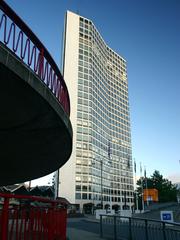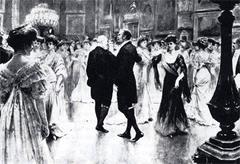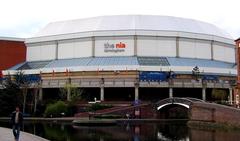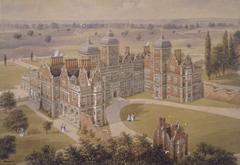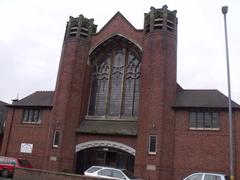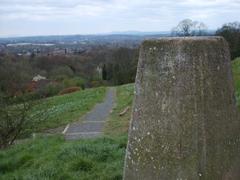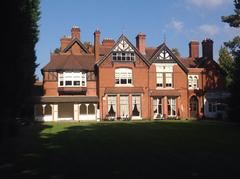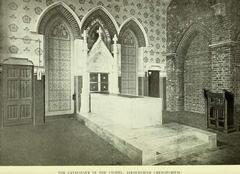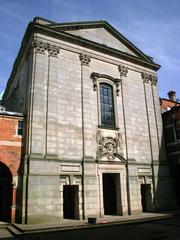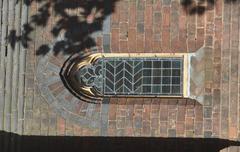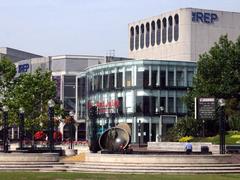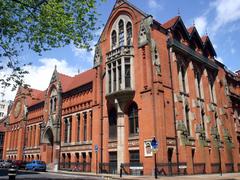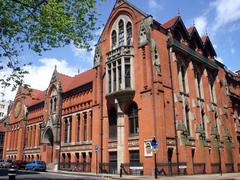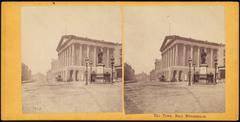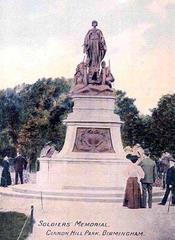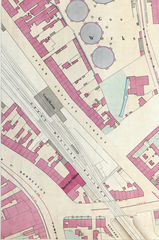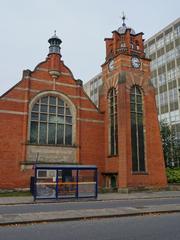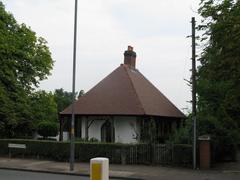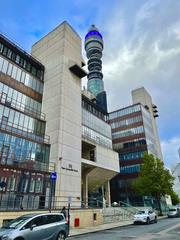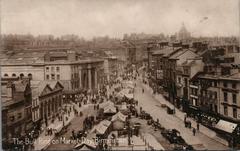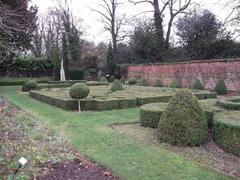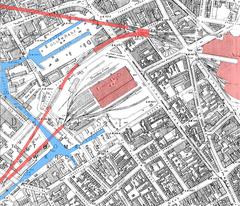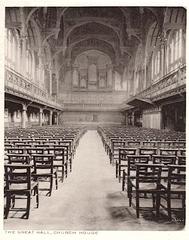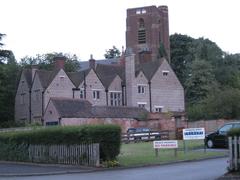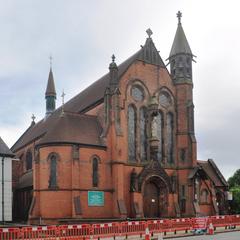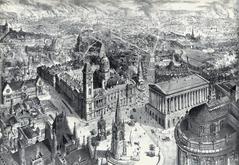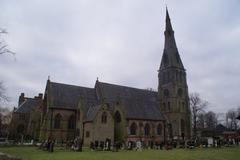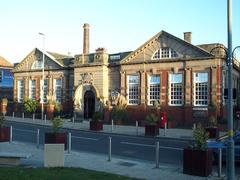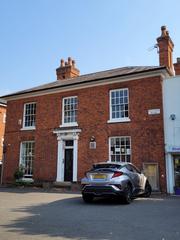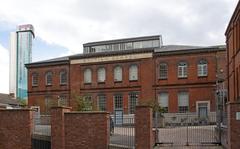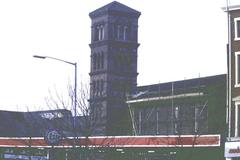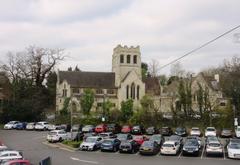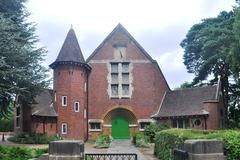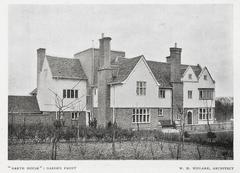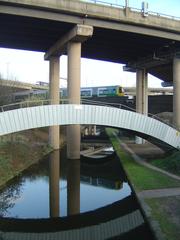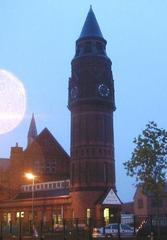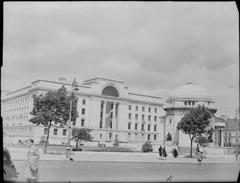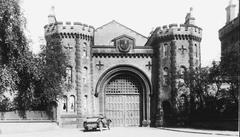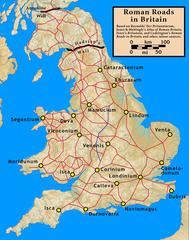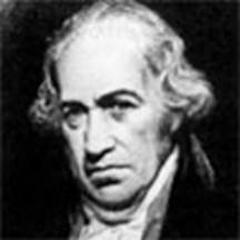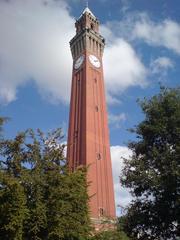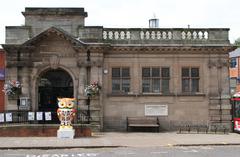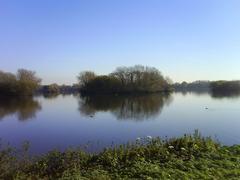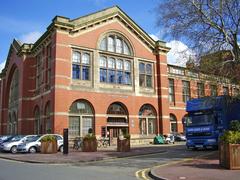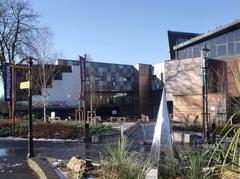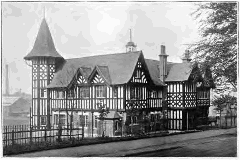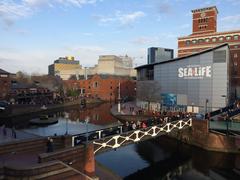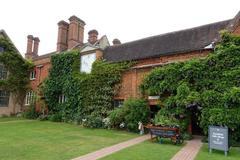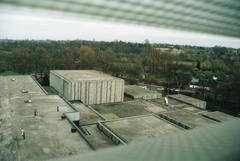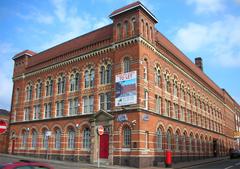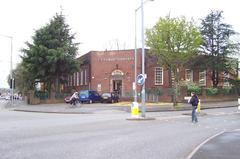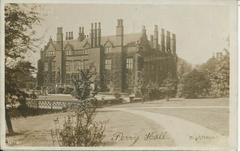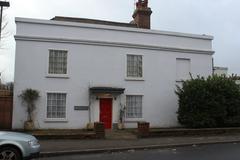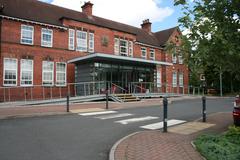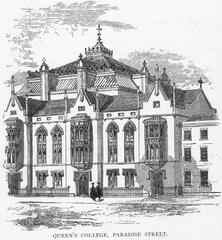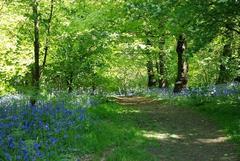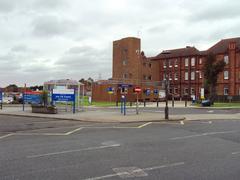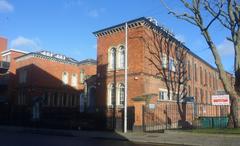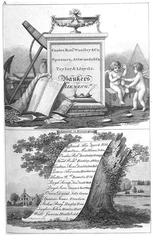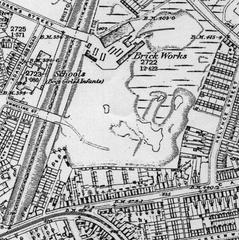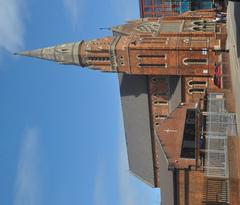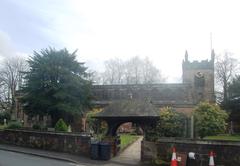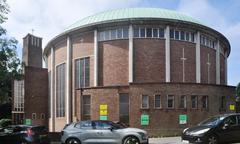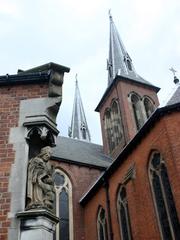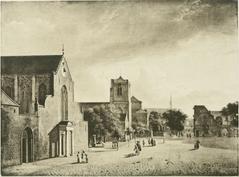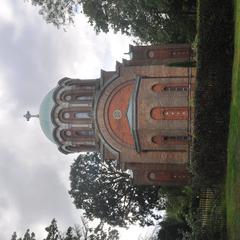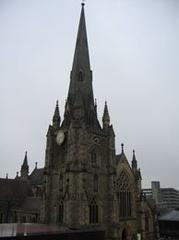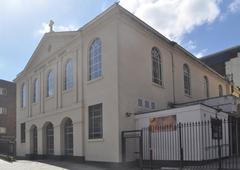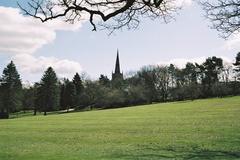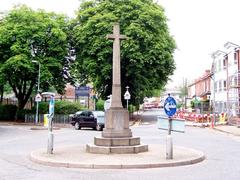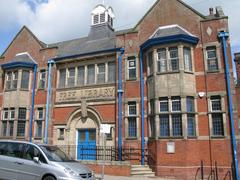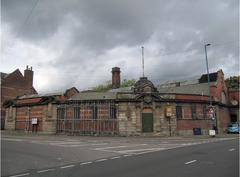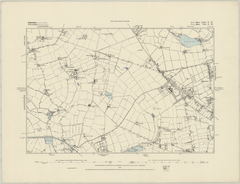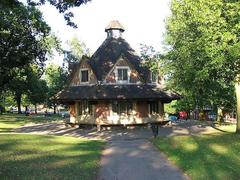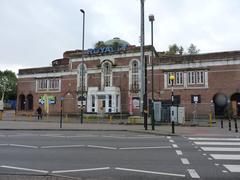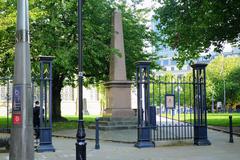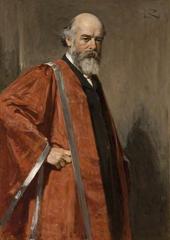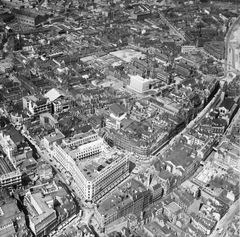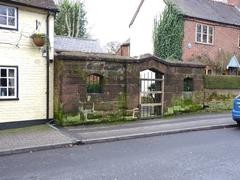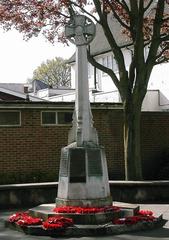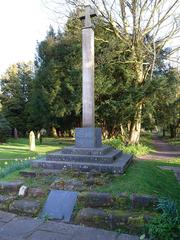
Lickey Hills Country Park Visiting Hours, Tickets, and Guide
Date: 19/07/2024
Why Visit Lickey Hills Country Park
Nestled in the heart of Birmingham, United Kingdom, Lickey Hills Country Park is a captivating destination that offers an exceptional blend of historical richness and natural beauty. This guide aims to provide a detailed exploration of the park’s storied past, ranging from its prehistoric origins to its role as a royal hunting ground during the medieval period, and its transformation into a public park in the late 19th century. Visitors to Lickey Hills will find a treasure trove of activities, from walking and hiking trails to special events and guided tours, making it an ideal spot for both history enthusiasts and nature lovers. The park’s accessibility and visitor-friendly amenities ensure a comfortable and enjoyable experience for all. (Lickey Hills Country Park, Exploring Lickey Hills Country Park)
Table of Contents
- Introduction
- History of Lickey Hills Country Park
- Visitor Information
- Special Events and Guided Tours
- Photographic Spots
- FAQ
- Conclusion
- Sources
Exploring Lickey Hills Country Park - History, Visiting Hours, and Tickets
Introduction
Nestled in the heart of Birmingham, United Kingdom, Lickey Hills Country Park is a gem that offers both historical significance and natural beauty. This comprehensive guide will delve into the rich history of the park, provide essential visitor information such as visiting hours and ticket prices, and highlight the unique experiences you can enjoy during your visit. Whether you’re a history enthusiast or a nature lover, Lickey Hills Country Park has something for everyone.
History of Lickey Hills Country Park
Early History and Formation
Lickey Hills Country Park, part of the Clent Hills range, boasts a history that dates back to prehistoric times. The hills are composed of ancient rocks over 400 million years old, primarily sandstone and quartzite shaped by natural forces over millennia. Archaeological evidence suggests that the area was inhabited during the Bronze Age, with discoveries of flint tools, pottery shards, and ancient burial mounds known as tumuli.
Medieval Period
During the medieval period, the Lickey Hills were part of the royal hunting grounds, designated as a royal forest reserved for hunting by the monarchy and nobility. This status preserved the natural landscape, restricting development and agricultural activities, and ensuring the area remained a haven for wildlife and a source of timber.
Industrial Revolution
The 18th and 19th centuries brought significant changes with the Industrial Revolution. The hills became a popular destination for Birmingham’s burgeoning urban population seeking respite from the industrialized city. The construction of the Birmingham and Gloucester Railway in 1840 increased accessibility for visitors. Quarrying activities for sandstone and quartzite during this period left remnants still visible today.
Establishment as a Public Park
In 1888, the Birmingham City Council purchased a significant portion of the hills to create a public park, officially opening in 1904. The park was designed for recreational activities such as walking, picnicking, and nature study. Efforts to reforest the area included planting thousands of trees to enhance its natural appeal.
20th Century Developments
Throughout the 20th century, Lickey Hills Country Park evolved into a cherished recreational space. During World War II, parts of the park were used for military training exercises. Post-war developments included constructing visitor facilities like a visitor center, car parks, and picnic areas, enhancing the park’s accessibility and appeal. The park also became a hub for educational activities.
Conservation Efforts
In recent decades, conservation and environmental stewardship have been emphasized. Managed by Birmingham City Council in partnership with conservation organizations, efforts focus on preserving diverse habitats such as woodlands, heathlands, and grasslands. Conservation initiatives include habitat restoration, invasive species control, and wildlife monitoring.
Cultural Significance
Lickey Hills Country Park holds cultural significance for Birmingham, inspiring numerous artists, writers, and poets. The scenic beauty of the hills has been captured in various art forms, contributing to the region’s cultural tapestry. The park also hosts cultural and community events throughout the year, celebrating its natural and cultural heritage.
Visitor Information
Visiting Hours and Tickets
Lickey Hills Country Park is open daily from 7:00 AM to dusk. There is no entrance fee, making it an accessible destination for all.
Travel Tips
- How to Get There: The park is accessible by car, with ample parking available. Public transport options include buses and trains stopping at nearby stations.
- Nearby Attractions: Explore other historical sites in Birmingham, such as the Birmingham Botanical Gardens and Cadbury World.
- Accessibility: The park offers accessible paths and facilities to ensure a comfortable experience for all visitors.
Special Events and Guided Tours
The park hosts various special events throughout the year, including guided nature walks, wildlife spotting tours, and cultural festivals. Check the Birmingham City Council website for the latest event schedule.
Photographic Spots
Capture the beauty of Lickey Hills at popular photographic spots like Beacon Hill, offering panoramic views of Birmingham, and the picturesque woodlands and heathlands throughout the park.
FAQ
- What are the visiting hours for Lickey Hills Country Park? The park is open daily from 7:00 AM to dusk.
- How much are tickets for Lickey Hills Country Park? Entrance to the park is free.
- Are there guided tours available at Lickey Hills Country Park? Yes, guided tours are available. Check the Birmingham City Council website for more details.
Conclusion
Lickey Hills Country Park is a treasured destination offering a blend of historical significance and natural beauty. Whether you’re exploring its rich history, enjoying recreational activities, or participating in special events, the park provides a unique and valuable experience for all. For more information, visit the Birmingham City Council website. Don’t forget to check out related articles, download our mobile app for updates, and follow us on social media.



